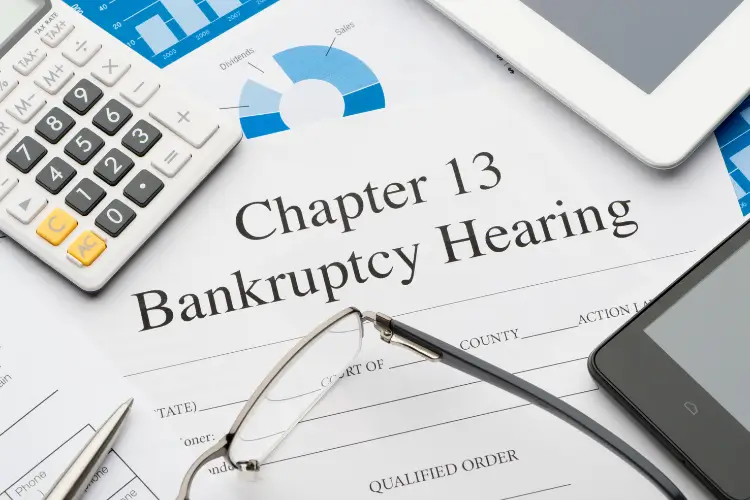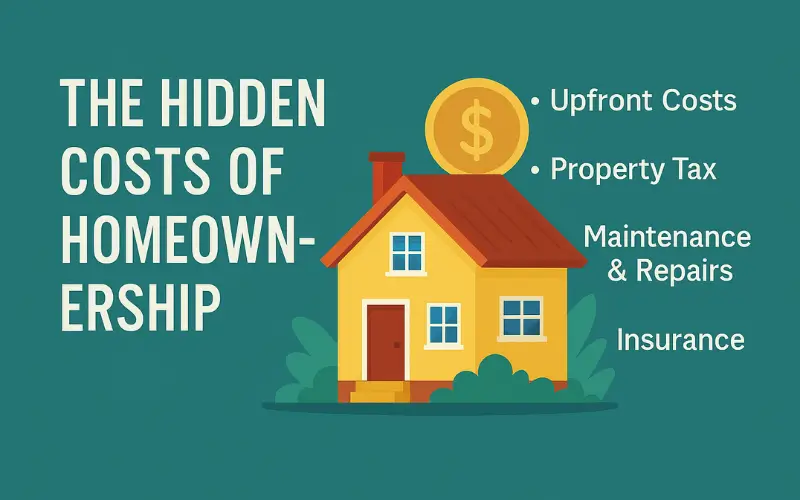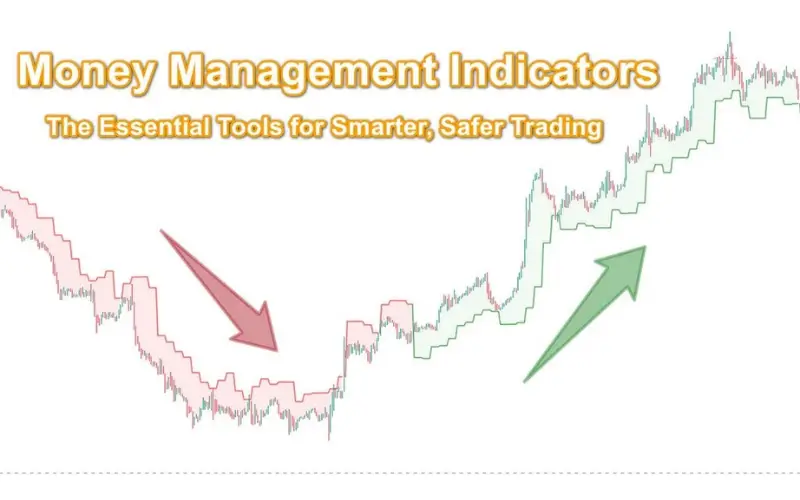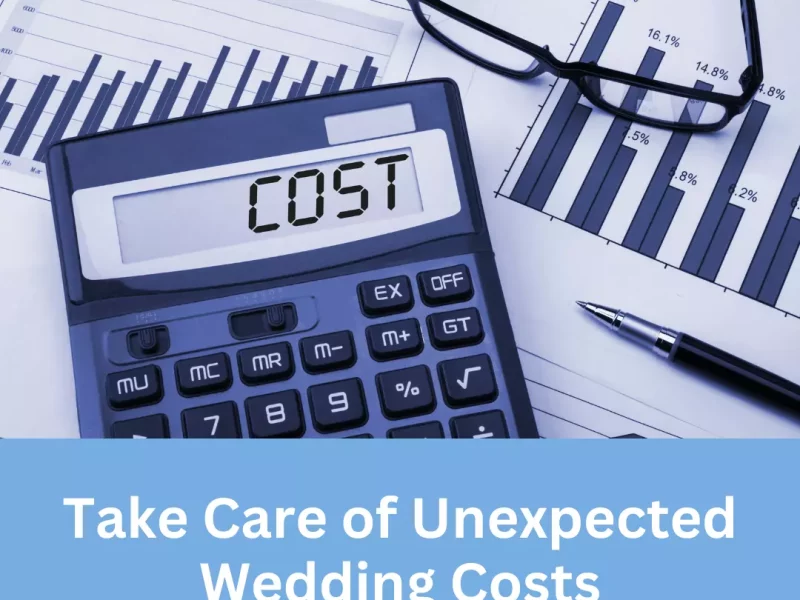In 2023, a total of 175,964 individuals filed for Chapter 13 bankruptcy in the United States. There has been a significant increase in the number of bankruptcy filings, reaching the highest point in 13 years with a total of 642 new filings.
According to Amy Quackenboss, Executive Director of the American Bankruptcy Institute, the growing number of households and businesses filing for bankruptcy reflects the mounting economic challenges everyone in the US is facing.
When it comes to your Chapter 13 plan payments, not meeting your obligations can have financial consequences. Not keeping up with your agreed-upon payments can have challenging outcomes, such as potential legal actions by creditors and the risk of plan dismissal.
But can you go to jail for not paying Chapter 13 plan payments? Going to jail is not something that usually happens, but failing to meet your Chapter 13 payment obligations can have a serious financial impact.
Let’s look at the legal consequences of not fulfilling your Chapter 13 payments and the specific steps you can take to handle this situation and find a way forward.
Legal Actions by creditors
If you happen to miss your Chapter 13 plan payments, creditors have the option to take legal action against you. When creditors decide to take legal action, they can submit a request to the bankruptcy court asking you to make the payments.
According to Grieta Gilchrist, a bankruptcy lawyer from www.gilchristlawnm.com, if you continue to fall behind, creditors could request permission to foreclose on your property or repossess assets to secure the debt.
Sometimes, creditors may be willing to negotiate a modified payment plan to help you stay on track. Ignoring the situation will only worsen things and could result in losing your assets.
Potential Plan Dismissal
If you do not make your plan payments as you are supposed to, the bankruptcy trustee or creditors might ask the court to dismiss your Chapter 13 case. Being dismissed from your Chapter 13 bankruptcy could put you at risk of losing the protection and benefits that come with it. This means that creditors may be able to take collection actions against you.
When a plan is dismissed, it can result in collection activities being resumed right away. This may include foreclosure, repossession, wage garnishment, or lawsuits. Once the case is dismissed, any automatic suspension preventing these actions will come to an end.
If you are having trouble making plan payments, it is important to talk to your bankruptcy attorney. He or she can help you find potential solutions before you even miss payments. By addressing the financial challenges you face, you can improve your chances of staying on track and achieving your debt resolution goals.
Loss of Bankruptcy Protection
As mentioned, once you file for bankruptcy, an automatic stay is immediately implemented. The automatic stay is a legal protection that stops creditors from starting or continuing any actions to collect debts. Failure to make your Chapter 13 plan payments could result in the loss of the protection and automatic stay that you previously had. This puts you at risk of being pursued by creditors who may take collection actions against you.
If you do not have bankruptcy protection, creditors can start trying to collect money from you again. The automatic stay that is currently protecting you from these actions will be lifted, which means that you will no longer be shielded and may face legal and financial consequences.
Accumulation of Arrears
If you ever find yourself in a situation where you are unable to make your scheduled payments, the unpaid amounts will begin to accumulate as arrears. Unpaid debts can quickly accumulate, making it harder to recover and move forward in the future. It can be tough to have outstanding payments because it leads to increased fees and interest, making your financial situation even more complicated.
It might be difficult for you to meet the requirements of the plan, which could jeopardize your progress in repaying your debt. The trustee overseeing your bankruptcy may take actions to ensure that the terms of your Chapter 13 plan are adhered to. This may include measures such as dismissing your case. The accumulation of arrears may hinder your ability to complete your Chapter 13 plan.
Modification or Conversion Options
Modifying your Chapter 13 plan involves requesting changes to the terms of your repayment schedule. This could include extending the repayment period or reducing the monthly payment. amount, or modifying the interest rate applied to your debts. By seeking a modification, you can make your plan more manageable and catch up on missed payments without facing severe consequences.
Conversion to a Chapter 7 bankruptcy could be considered if modification isn’t feasible. In a Chapter 7 bankruptcy, your assets may be liquidated to pay off creditors, allowing for the discharge of remaining qualifying debts. Yet, Chapter 7 eligibility is not guaranteed for all individuals, and it’s necessary to weigh the benefits and drawbacks with the guidance of a bankruptcy attorney.
Both modification and conversion can offer solutions to address missed Chapter 13 plan payments and help you regain financial stability. Consulting with a legal professional experienced in bankruptcy matters can help clarify the best course of action for your situation.
Conclusion
While jail time is unlikely when you fail to make your Chapter 13 plan payments, creditors can take legal action against you, potentially leading to foreclosure or repossession of assets.
Consulting a bankruptcy attorney can help you find modification or conversion options. Remember that proactive communication with your attorney is important in order to address challenges and prevent bigger financial problems in the future.




